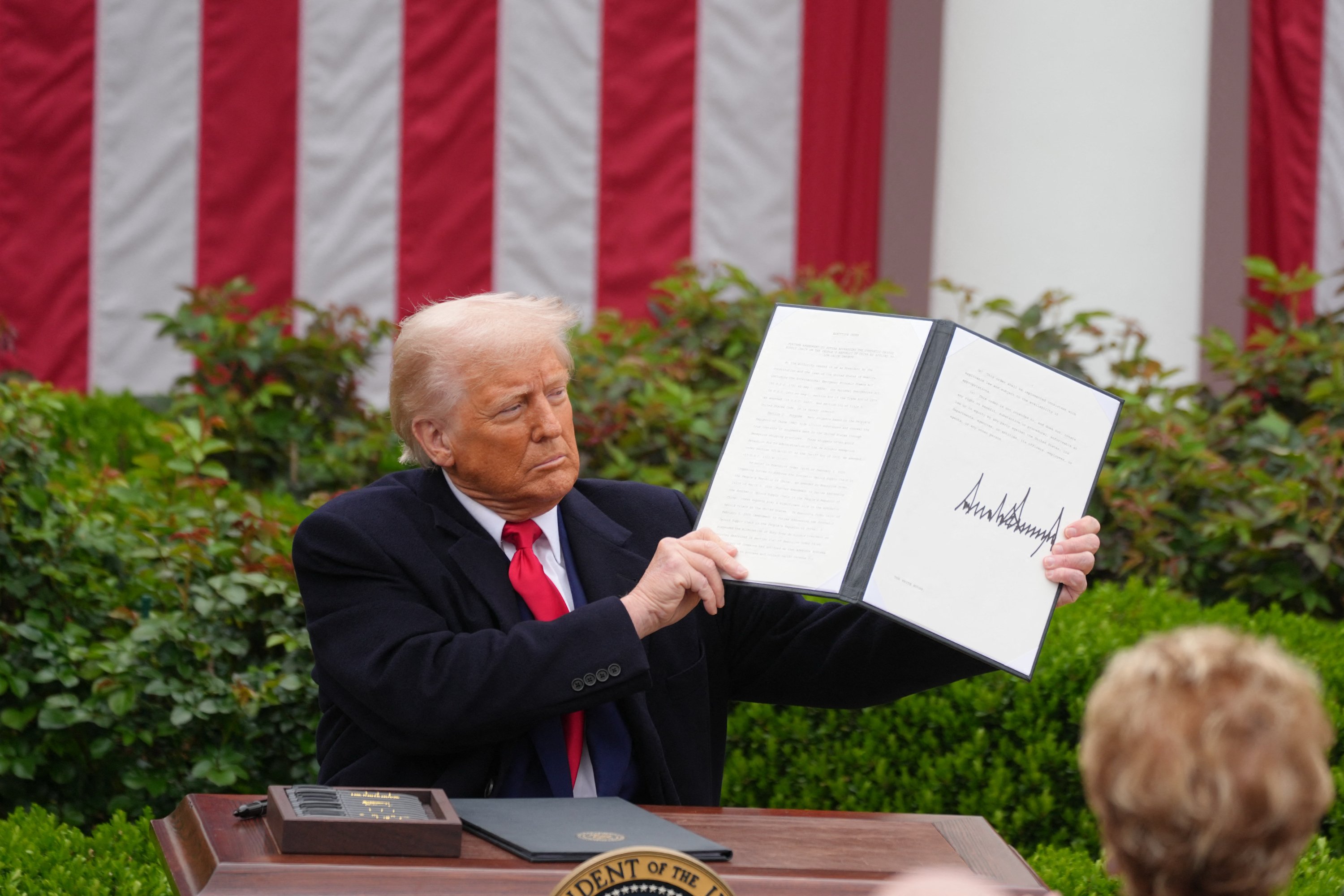China Investigates Nvidia for Anti-Monopoly Violations After Preliminary Probe
China's market regulator has announced a preliminary finding that Nvidia violated the country's anti-monopoly law, triggering a deeper investigation into the U.S. chip giant. The probe centers around Nvidia's acquisition of Mellanox Technologies Ltd. in 2020 and related agreements.
Background of the Investigation
The investigation, initiated by China's State Administration for Market Regulation (SAMR) late last year, focuses on Nvidia's $7 billion acquisition of Mellanox, an Israeli technology company specializing in network solutions for data centers and servers. While the deal was initially approved by China with certain conditions, concerns have arisen regarding compliance with anti-monopoly regulations.
China is a critical market for Nvidia, particularly for its data center, gaming, and artificial intelligence applications. The SAMR alleges that Nvidia violated China's anti-monopoly laws related to the Mellanox acquisition and its associated conditions, although specific details of the alleged breach have not been disclosed. CNBC has reached out to Nvidia for comment.
Impact on Nvidia and US-China Trade Relations
The announcement has impacted Nvidia's stock, with shares declining approximately 2% in pre-market trading. This development also occurs amidst sensitive trade negotiations between the US and China, potentially adding pressure to ongoing discussions. The preliminary ruling comes after the US agreed to allow Nvidia and Advanced Micro Devices Inc. (AMD) to sell some AI chips to Chinese companies, though Beijing has since pushed local entities to avoid some Nvidia products due to security concerns.
The US government had previously implemented restrictions on the sale of advanced AI chips, including the H100, to China, citing national security concerns. Nvidia responded by redesigning its chips to comply with these regulations. The future impact of China's investigation on these regulations and Nvidia's operations in the region remains uncertain. The regulator did not specify what remedies it may seek and said it will investigate further.
Broader Implications
The investigation into Nvidia is unfolding against a backdrop of escalating trade tensions and technological competition between the US and China. The timing of the announcement, coinciding with high-level negotiations in Madrid, suggests a potential link between regulatory actions and broader geopolitical considerations. Furthermore, China has initiated an anti-dumping investigation targeting certain US-made semiconductors, signaling a more assertive stance in regulating the semiconductor industry. This is likely to impact the future of Nvidia in China.
 Visit the website
Visit the website




